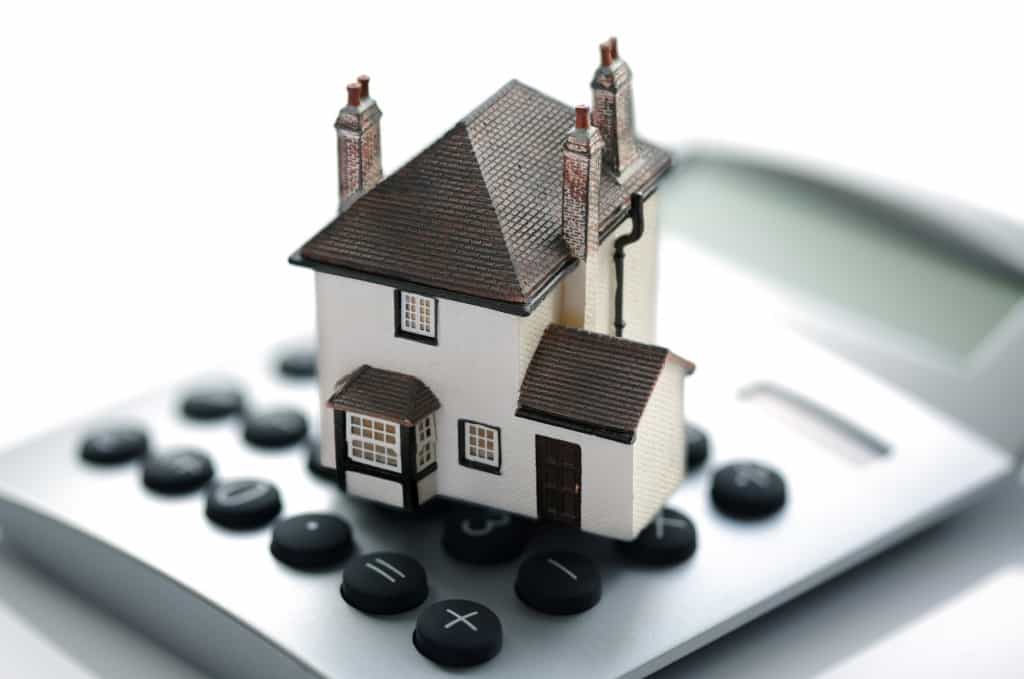Staying in a new place, possibly an upgrade to your current one, sounds terrific. You can finally have the space that you want and need to accommodate your current lifestyle. There will be new art and crafts projects as you revamp your new home. However, there are things to consider when making this huge decision. Can you afford it? Right now and in the future. Are you ready to let go, pack, and unpack?
Only buy a new house when you can afford it
Owning a home is part of the American Dream. It’s a symbol of success. Because of this, people fall blindly into the trap. They feel the pressure of being “old enough” that they should attain the symbol of an ideal life: get married, purchase a house, start a family, own a car, and the list goes on. This shouldn’t be the case. Following this could lead to significant financial crises, and it will definitely be not worth it.
The basic rule is to have at least 20% of the cost of the house as a down payment. This ensures that no matter the shifts in mortgage rates in Guilford, your finances will be able to keep up. Nevertheless, a fixed-rate mortgage is ideal, despite appearing to be cheaper and more affordable at first, because you eliminate one risk off the financial decision of buying a house.
A stable job

While considering this, think far into the future. Until the last time you pay off your mortgage, will you and the person you’re living with be able to hold onto stable jobs? What are the chances of changes in income within the household?
Ideally, a person should only pay 30% of their income to their house loan, and this is the threshold—even pushing it further. If one goes beyond this number, they may become “house poor.”
Being “house poor” may occur when there’s a sudden change in income or a new expense that requires a significant amount of money. This can be one person in the household loses their job, or a plummeting medical cost happens in the family. Therefore, when looking to buy a new home, thinking far ahead and having a back-up plan is crucial. The last thing you want to happen is to drown in debt because of a massive purchase.
Be ready
For several years, you’ve gone home to the same place and take solace in it. You’ve created heart-warming memories in this place. Emotional attachment to a home is inevitable. According to a study by neuroscientists, Dr. Duncan Banks and Tony Steffert, a person’s connection to their home equaled their love for pets and close friends. Because of this attachment, leaving one’s current home may be an emotionally stressful journey. Hence, before deciding to buy a house, a person must be ready to let go and start anew.
A person also has to get ready physically. Moving is a lot of work: carrying boxes, renovating, packing, unpacking—all of them exhausting. While you can get as much help as you need, physically preparing yourself for the move will help you get organized more quickly.
Despite the excitement, make sure that you’re financially, emotionally, and physically ready for this change.
